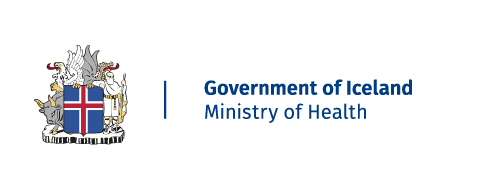
Workshops are a tradition of the PCSI conferences, and a direct means of fulfilling PCSI’s objective to share knowledge about casemix throughout the world.
The workshops offer an opportunity to immerse yourself in the world of casemix and discuss topical issues with like-minded colleagues. And there is something for everyone, whether you’re new to casemix or have many years of experience, and no matter your role (coder, analyst, clinician, policy maker, accountant…).
This year we have 7 workshops to choose from. Note that workshops 1 to 3 will be held concurrently in the first half of Tuesday 27th October, and workshops 4 to 7 will be held concurrently in the second half of the same day. Therefore, you will only be able to attend one morning and one afternoon workshop.
Morning options (choose one of the following):
-
Introduction to casemix costing for health care. Covers costing methods, the process of costing and issues that need to be resolved using practical examples.
-
A smooth introduction to casemix for newcomers. Provides a comprehensive foundation for conference newcomers. Covers the origins of casemix, “building blocks” (clinical coding, DRG grouping, costing), and casemix applications (funding, integration, quality improvement).
-
Health care data governance: meeting the skills needs of custodians and stewards. Discusses the role of data custodians and stewards to create and sustain structures to collect, store and safely allow access to high quality data on health service activity and outcomes.
Afternoon options (choose one of the following):
-
From casemix to clinics. Discover the added value that can be drawn from routinely collected casemix data for clinical work and for measuring quality of care by drawing on examples from a range of countries.
-
Towards a sustainable person-centred health system, digitally empowered. Discover the drivers for change, and the challenges for casemix-based payment systems. Discuss new ways of health care delivery, from an institutional to a patient-focused approach, with a shift from treating disease to maintaining health.
-
An Introduction to patient level costing and data analytics. Explore patient-level costing and data analysis using case studies and worked examples. Identify sub-optimal performance, the potential reasons for this and initiatives to overcome the problems.
-
The systems, process and people underlying a patient activity data collection system. Investigate the different systems, processes, and people involved in the overall collection and classification of patient activity data in an efficient national system.
More details can be found on the website (www.pcsireykjavik2022.is or www.pcsi.is).
